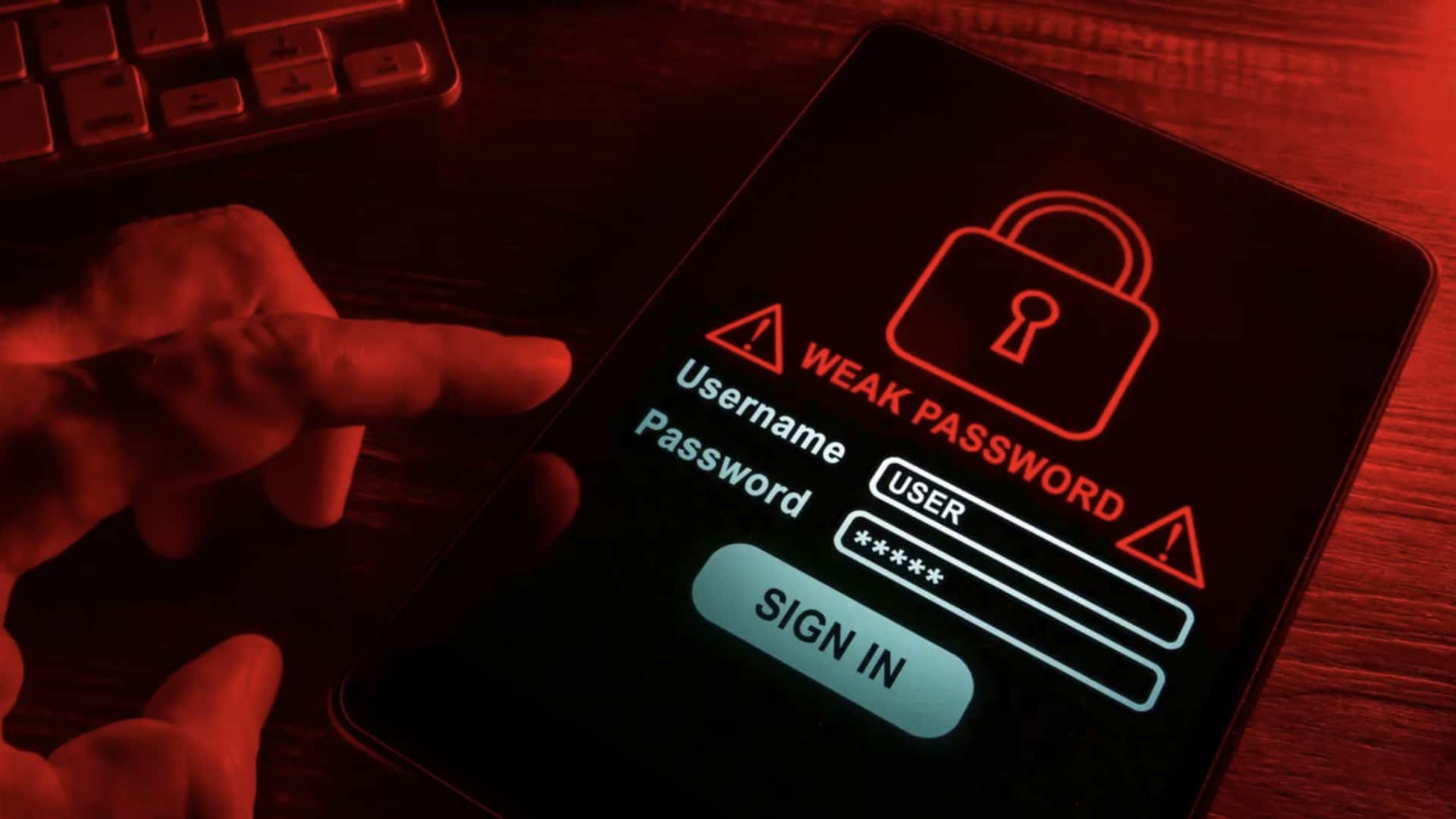
Gen Z set weaker passwords than their grandparents, reveals study
What's the story
A recent study by NordPass has revealed that Generation Z (Zoomers) have no real difference in password security compared to their supposedly tech-illiterate grandparents. The analysis found that the most common password choice among those born in 1997 and younger is "12345," which is weaker than almost every other generation's preferred password. This finding contradicts the widely held belief that Zoomers, being digital natives, would have more secure passwords.
Security patterns
Password security trends across generations
The study also found that Millennials, Gen X, and Boomers preferred the more secure password "123456." Variants of "123456" were common across all age groups, with the exact string being the most popular among all users for six out of seven years. However, NordPass's analysis also found a slight increase in special character usage among passwords this year.
Password evolution
Special character usage on the rise
The study noted that 32 out of the top 200 most common passwords this year contained some sort of special character, usually an @ symbol. This is a significant increase from just six such passwords in the previous year. However, despite these small improvements, NordPass's data shows little progress in overall password hygiene and security habits over the years.
Cybersecurity risk
Default passwords remain a major concern
The study also highlighted that "admin" and its variations are among the most common passwords used today. This is especially concerning in professional environments where one would expect stronger password practices. NordPass's data shows "admin" was the second most popular password globally, and the top choice in countries like Australia, Canada, Germany, Ukraine, UAE, UK and US.
Security advice
Recommendations for improved password security
In light of these findings, NordPass recommends users to get a password manager. This tool can help generate and store complex, unique strings for each login. The company also suggests using multi-factor authentication as an extra layer of security. These recommendations are aimed at improving individual password hygiene and overall cybersecurity practices in the digital age.